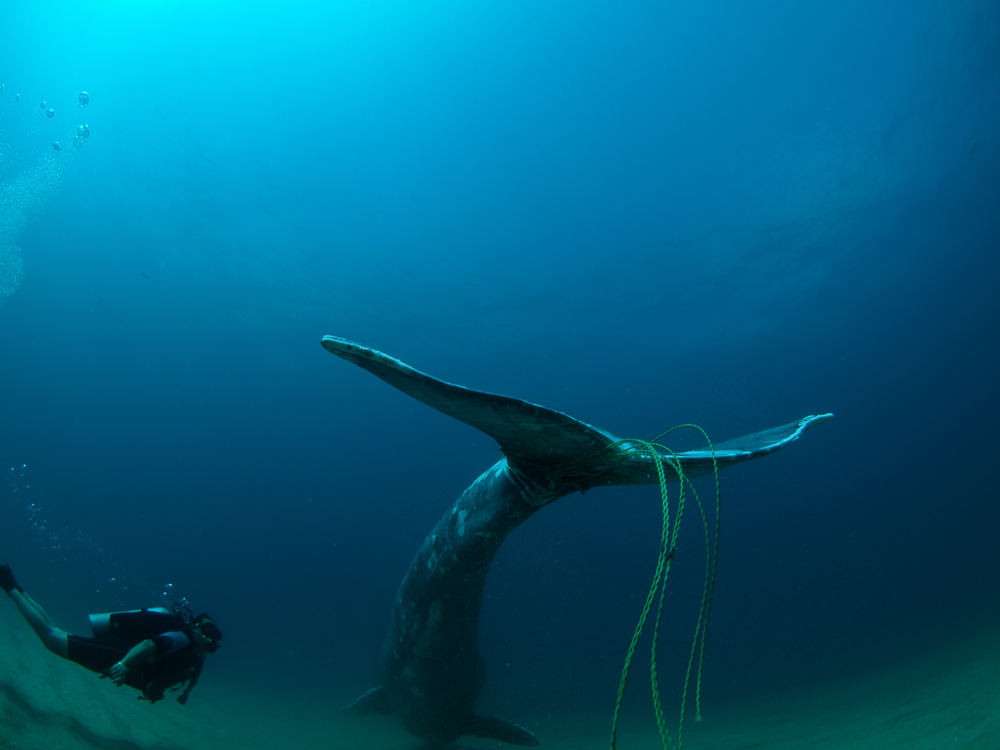The International Whaling Commission (IWC) recently hosted a marine debris workshop in Honolulu, Hawaii. The workshop examined the threat posed to whales, dolphins and porpoises by marine debris, including ALDFG. A group of 30 international experts attended, including representatives from the UN Environment Programme, the FAO, the UN Convention on Migratory Species, the plastics manufacturing sector, and the US and Australian Governments.
The workshop amongst others reviewed initiatives from across the world to address marine debris in general and entanglement of cetaceans in particular, which was viewed as the greatest threat to these animals.
Healthy Seas, along with other very interesting initiatives like Net-Works, Nofir in Norway, NOAA’s marine debris program, the Gear Buyback Program in South Korea, GhostNets Australia and WAP’s Sea Change campaign and Global Ghost Gear Initiative, were considered examples of best practice. The workshop commended these reduction and removal initiatives and encouraged continuation, replication and expansion of such effective initiatives. It also welcomed the development of cross-sectoral partnerships to address ALDFG.
One of the workshop’s conclusions was – and Healthy Seas wants to underline this – that from an animal welfare perspective, the absolute number of (cetacean) entanglements and the associated suffering and times to death are unacceptable, irrespective of population level effects. In this regard, the IWC adopted an animal welfare plan last week, which will address major global threats to whales, which include getting trapped and entangled in fishing gear.



